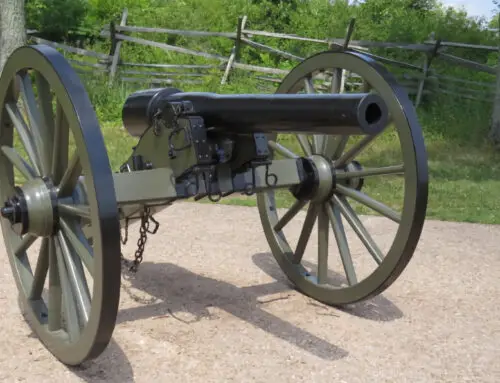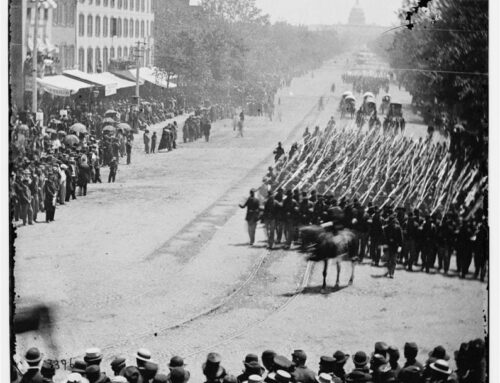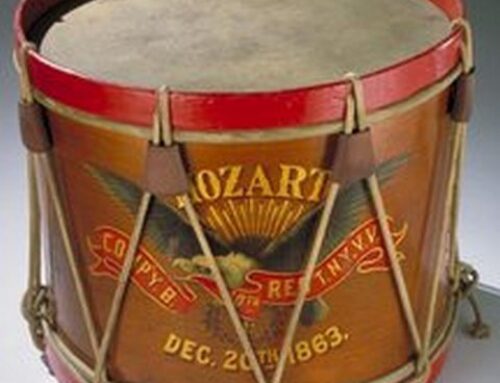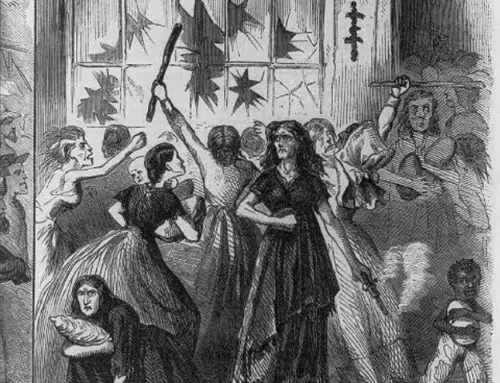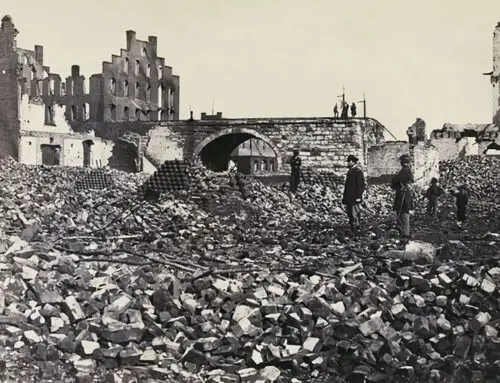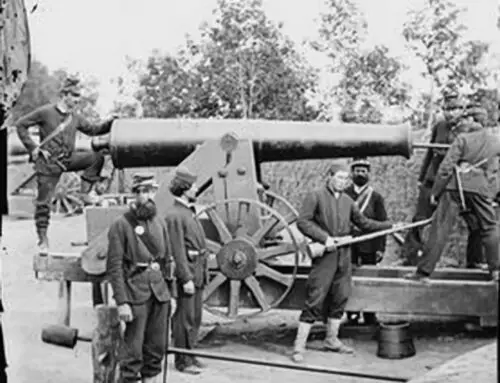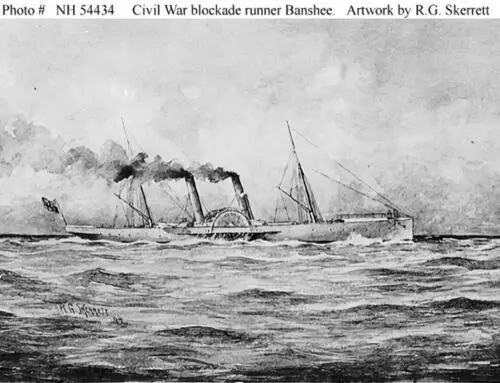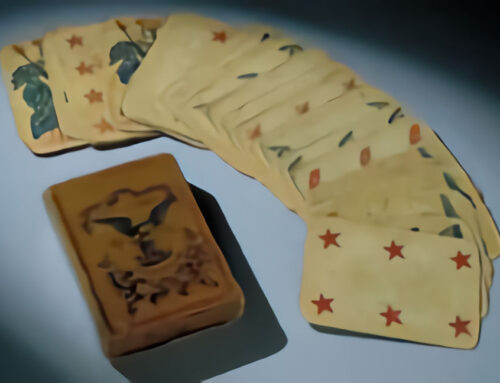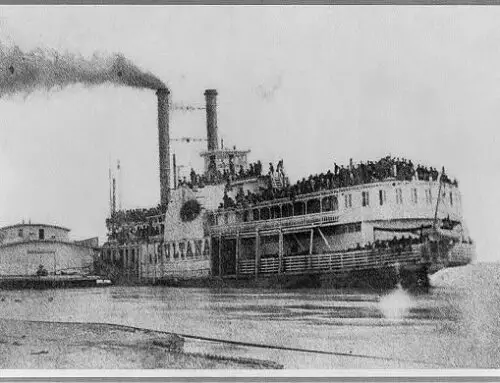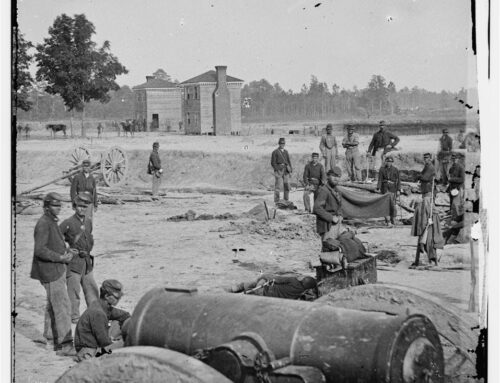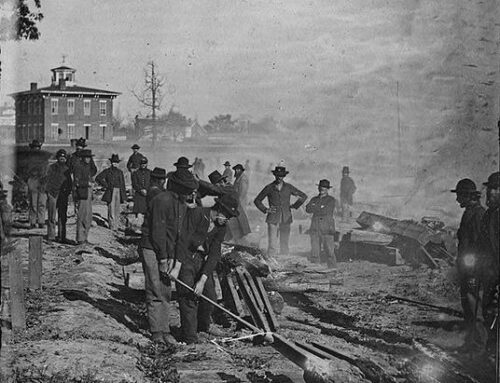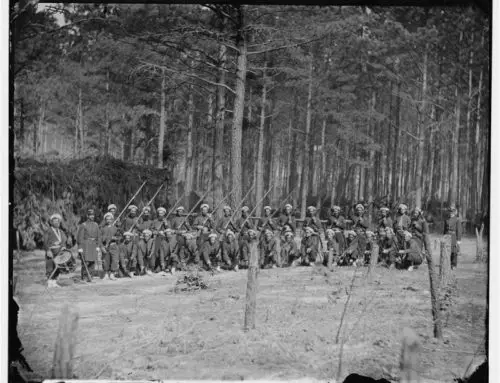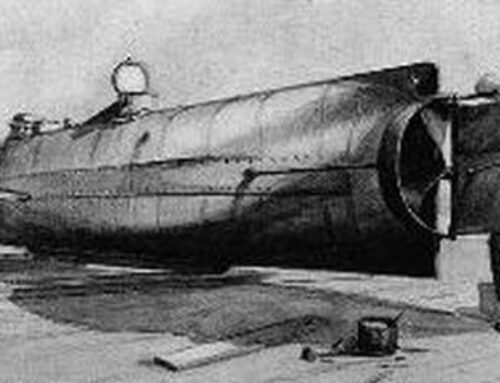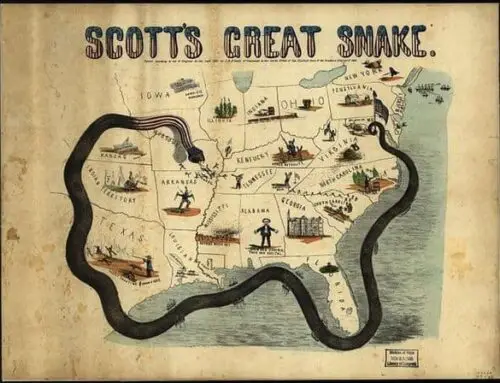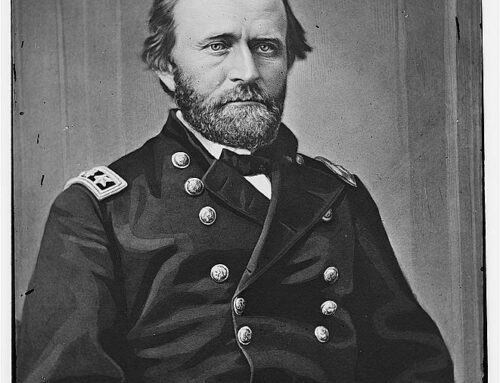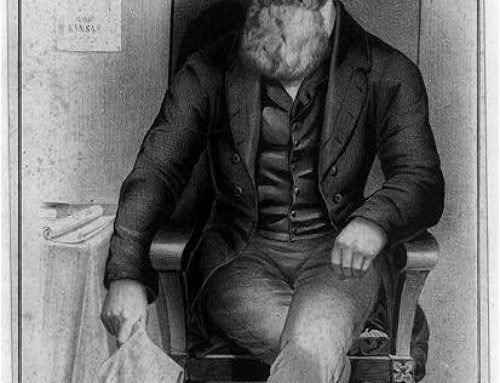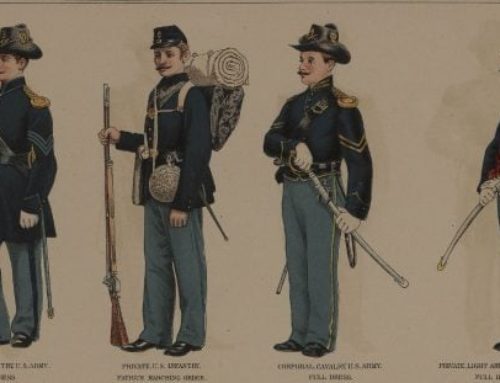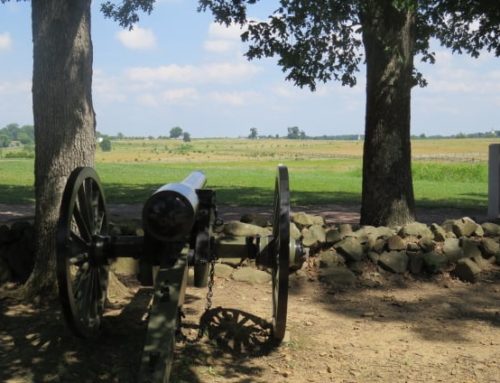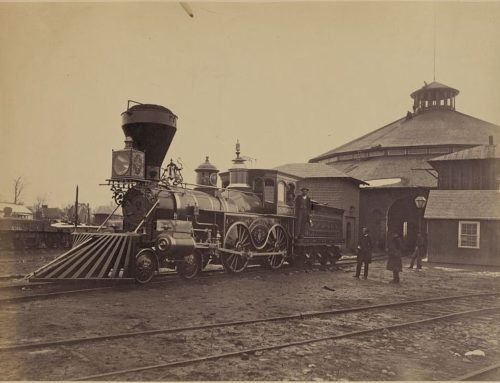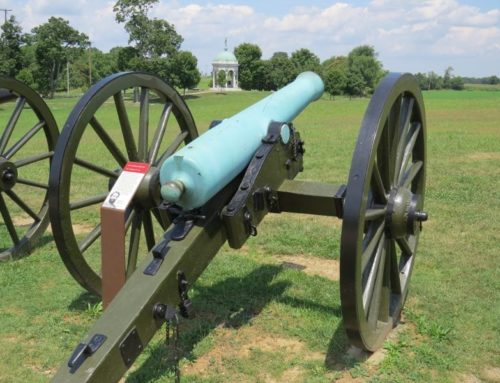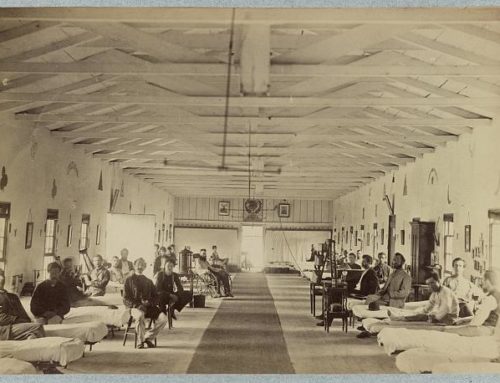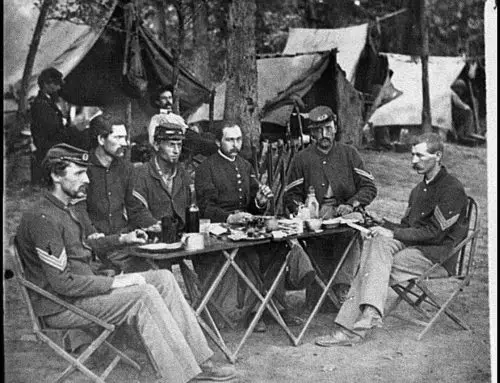(1813-1891)
Admiral David Porter was one of the Union’s brightest and most decorated commanders of naval forces during the Civil War. With a father (David Porter Sr.) so highly touted and deserving of that fame, his son had big shoes to fill. The Pennsylvania born and raised Union commander did just that and more.
There are two commanders of the Union naval forces that reached the echelon of sea-worthiness, Admiral David Farragut and Admiral David Porter.
At the age of 16, young David Dixon Porter attained the rank of midshipman in the US Navy before many of his peers could salute properly. This was a man of the ages, the one that would lead the Union forces to their ultimate goal, victory in the Civil War.
Born in the sleepy coastal town of Chester, Pennsylvania in 1813, David Dixon Porter graduated from the United States Naval Academy with high expectations. Many a Union commander came out of their respective educational institutions with a notion of success yet only a handful actually achieved that lofty mark. Rear-Admiral Porter was one of those few men. Brave and intelligent, Porter had no problem with winning over just about everyone that came across his path.
At the start of the Civil War, Admiral Porter was the commander of the gunboats that “softened” up the Mississippi river ports near New Orleans. The Confederates had dug in deep and tight into the bunkers and parapets of the forts that peppered the coastline of the river. The effectiveness of the gunboat assault paved the way for the bigger warships under the command of Admiral Farragut, to pound the city of New Orleans and force the crescent city’s ultimate surrender.
War was raging in the United States with no end in sight for the bitter fighting and bloodshed. Admiral Porter was sent to assist General Grant and General Sherman in the Siege of Vicksburg, one of the most strongly defended and well-supplied towns in the Confederacy. By taking this essential and important river city, the Union would gain ultimate control of the very waterway that would lead to the surrender of the Rebels.
Porter was then chosen to lead an amphibious assault against Fort Fisher in Wilmington, North Carolina in early 1865. The eventual taking of the Confederate fort, (which was the only time that this military achievement was made from sea the entire war) lead to the surrender of General Lee’s army at that Appomattox.
Carrying on with his rise and success, Admiral Porter, now Rear-Admiral Porter, served as an instructor at his alma mater, U.S. Naval Academy from 1865-1869. There was one more goal to reach for the highly applauded Porter and that was the rank of Full-Admiral. With the death of Admiral Farragut, this position came to fruition. One of the greatest commanders of the high seas, Admiral David Porter died in 1891.


